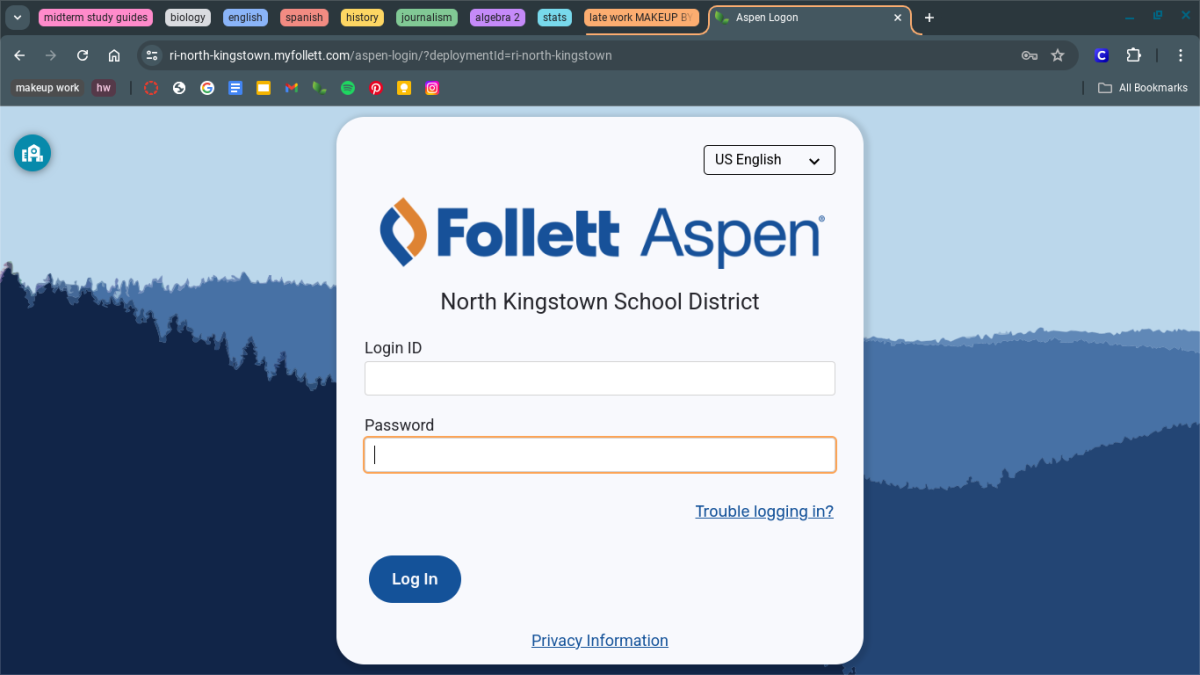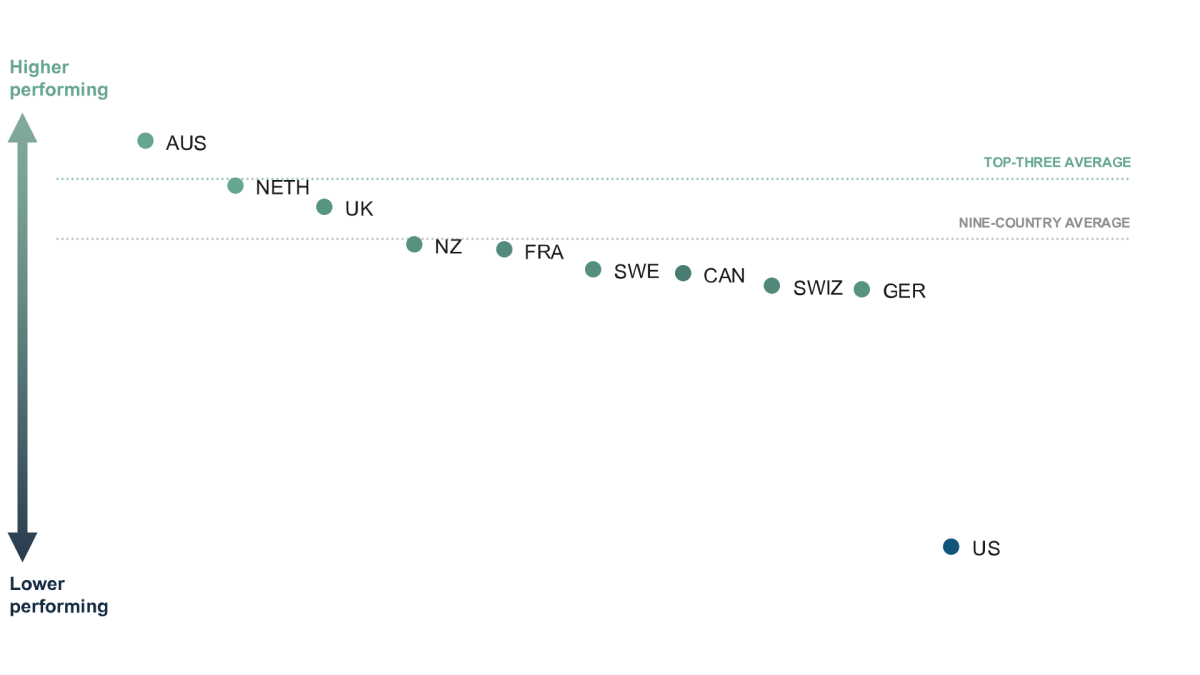Upcoming AP exams vex students
For many NKHS students, the closing of the school year brings thoughts of carefree days at the beach, fun summer jobs, and, most importantly, homework-free evenings. A large portion of upperclassmen, however, feel increasingly stressed as fourth quarter approaches, as spring drags AP tests along with it.
Advanced Placement classes have been part of the school curriculum since the 1950s, and have grown greatly in popularity over the past sixty years. This program offers college-level courses and exams for high school students who want to be challenged while preparing for post-secondary school academics.
AP courses are free, but students must pay for the final exam if they want to receive AP credit. If students pass the test, they may receive college credit for the course, depending on the school.
Many cite college admissions, adjusting to college classes, and improving their academic position as justification for participating in AP courses. Said senior Allegra Angell, “I took AP classes to challenge myself more and to be more appealing to colleges. Since lots of kids are taking them, I need to be on the same level. Actually, mainly to get college credit, or if I don’t get above a 3, to be more prepared for a college class.”
Advanced Placement classes are more heavily weighted when the NKHS administration calculates GPA and class rank, which prompts students to add AP classes to their schedules. Many students enroll in AP courses, hoping to propel themselves to the top of their classes. However, this system could easily backfire, as one must do more than attend AP classes to succeed. Good grades are mandatory for overall achievement.
Are AP classes worth the time, effort, and stress? For those who perform well and pass the test, the answer may be yes. Students agree that the difficulty level depends on the AP course itself; some are relatively simple, while others contain more challenging subject matter. “AP classes are lots of work. My recommendation is, do not take the class unless you are passionate about the material that will be taught. It will make a world of difference in the perceived amount of work,” said senior Simon Billings.
Overall, those who enroll in Advanced Placement courses should already have solid study skills and be willing to keep up with a class that moves at a more rapid pace.
Juniors, who are allowed to take AP classes for the first time, face the difficulties of adjusting to a more rigorous course load to which they are unaccustomed. “I am a little stressed about learning all the material in time, but I know we will get it done. I am glad I took AP classes, and I would definitely recommend it to juniors next year,” said junior Maddie Maguire, who is currently enrolled in AP Spanish and AP Psychology.
Students have prepared for nearly the entire school year for these challenging exams, but the two-to-three hour tests, crammed with eight months’ worth of information, can be intimidating. The exams, which are scheduled for the first two weeks of May, are especially daunting for students enrolled in a number of AP classes.
“Start studying now! Many AP students have more than one test to take in May. If you wait until the week of the tests to begin studying, you’ll be quickly overwhelmed,” said AP European History teacher Mr. Darrel Sutton. “If you start now, you’ll be more able to balance school work, extracurriculars, studying, and still have a bit of time to relax. You’ll also feel more prepared as the exam date gets closer, which will lead to less stress.”
Advanced Placement teachers often recommend taking practice tests on the AP website or purchasing test preparation books. Students who have taken AP exams in the past suggest using flashcards and studying in small amounts every night, starting two or three weeks before the test.
Those taking several AP exams face more challenges, as they must review a myriad of information from different topics, ranging from chemistry, to English, to history. These students should begin studying earlier and focus on the subjects in which they feel least comfortable. Study groups are also an effective method of reviewing for the exams, as students can study in a more laid-back environment and receive advice from others.
“The last tip for success is that you not only have to prepare your mind, but also your body. The exams last for three hours, hours where you’ll need the ability to concentrate, think critically, and write effectively to prove that you know your topic,” said Sutton. “Make sure that you eat breakfast if you have a morning exam, or lunch/brunch if you have an afternoon exam. Your body and mind will need the energy to operate for those three hours. Also, get a full night’s sleep before your test. Staying up late to get those last few moments of studying will not help you as much as being awake and alert.”
Your donation will support the student journalists of North Kingstown High School. Your contribution will allow us to distribute a print edition of the Current Wave to all students, as well as enter journalism competitions.










